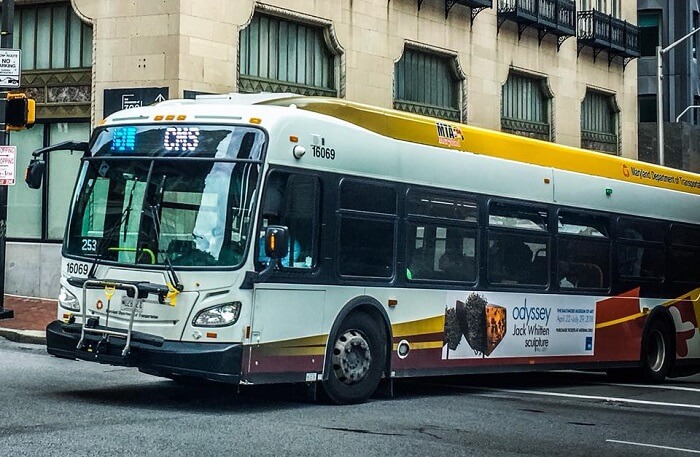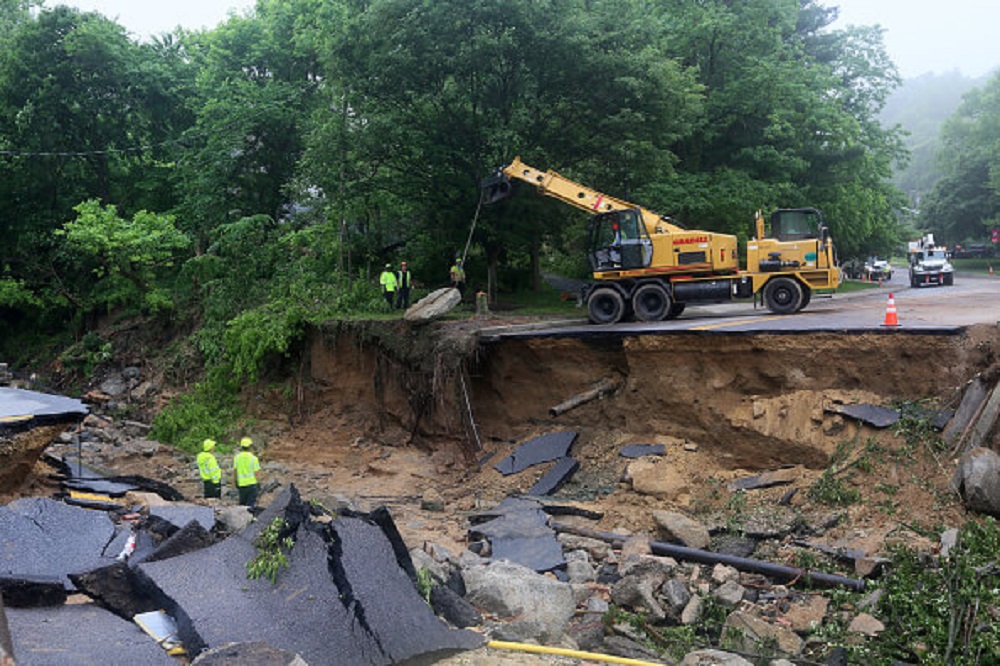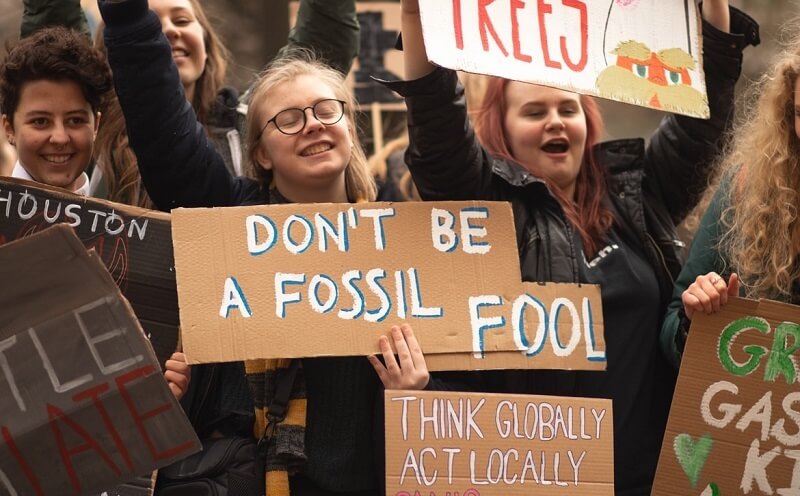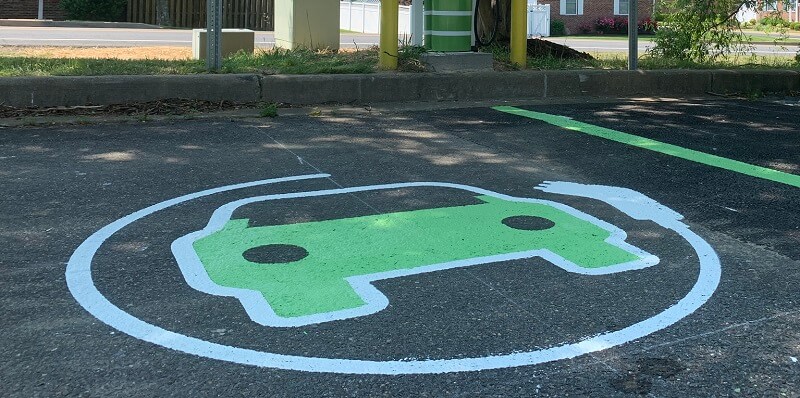Opinion: State Should Prioritize Climate-Conscious Policies, Fund Mass Transit

As many of us have spent the last several weeks confined to our homes in the midst of an unprecedented nationwide lockdown, South Koreans are sipping lattes in bustling sidewalk cafes.
Countries like South Korea that wisely followed the advice of scientists have experienced far less disruption than others. In other countries, including the United States, the lack of early preparation has necessitated increasingly drastic measures to limit the spread of COVID-19. If there is a lesson to be learned from this surreal months-long global pandemic, it is to listen to the scientists.
This is a lesson that must extend beyond the present pandemic, during which climate-related extreme weather events will not abate. When 99% of climate scientists conclude that ensuring the inhabitability of our planet requires a “world war” level of mobilization to reduce greenhouse gas emissions, we should heed their warning and follow their policy roadmap, which includes substantially increasing our investment in mass transit.
The transportation sector is the single largest contributor to anthropogenic greenhouse gas emissions, and no climate solution is complete without reducing its carbon footprint. The consequences of failing to heed the advice of scientists this time are potentially irreversible and far beyond even the scope of the harrowing societal shutdown we find ourselves in. Civilization itself is at stake.
This, of course, raises an important question: why does our state budget allocate billions of dollars in highway expansion projects while a bill which guarantees funding for essential maintenance of our mass transit network is a potential casualty of this legislative session?
As it stands, state leadership would prioritize costly projects expanding Interstates 270 and 495 over the Transit Safety and Investment Act, which will prevent the MTA from falling into disrepair. These are the same types of decisions that have put us on the brink of ecological collapse and are directly counter to the scientific consensus.
Similar highway expansion projects in other metro areas have done little to ease traffic burden. In Houston for instance, after a four-year, $2.8 billion investment in the Katy Freeway (the widest freeway in North America), travel times went up 30% to 50% in the few years following its completion, and a five-year, $1 billion highway project expanding Los Angeles’ Interstate 405 resulted in the average travel time increasing by 1 minute the year after its completion.
Prioritization of highway expansion in Maryland is not only willfully dismissive of the scientific consensus on climate change, but ultimately of limited and transient benefit to reducing traffic in our metro area.
Several real-world examples have shown that highway expansion induces demand for automobile use. In effect, it encourages those who would otherwise take other modes of transportation onto the roads, and those who already commute via other routes to choose the newly expanded highway. This would leave us where we started — stranded in bumper-to-bumper traffic on the Beltway.
There is also a growing body of evidence linking a variety of respiratory diseases and increased mortality to air pollution, of which the transportation sector is also the largest contributor. A study published in the New England Journal of Medicine in 2015 demonstrated a significant improvement in respiratory function in adolescents living in Southern California, which coincided with an improvement in air quality as measured by a reduction in airborne concentrations of NO2 related to improved automobile emissions standards.
Another study of children in Barcelona published this year concluded that nearly 50% of childhood asthma cases in the region could be attributed to air pollution. And, as we find ourselves in the midst of a global pandemic that primarily targets the respiratory system, a research team from Harvard found that highly polluted counties in the U.S. will have a COVID-19 death rate 4.5 times higher than those with low pollution, all other factors being equal.
Climate change will not be put on hold while we navigate the current global pandemic.
Scientists are unequivocal that this is not the time to retreat on climate change, which is why several countries in the European Union have pledged to include climate legislation with any large COVID-19 relief package.
Our only hope of solving the deepest existential threat our species has ever faced is to demand that our state legislature and governor do the same by co-prioritizing climate-conscious policies, including adequately funding our mass transit network by passing the Transit Safety and Investment Act.
— DR. NISHANTH KHANNA
The writer is a physician specializing in neuroradiology by Johns Hopkins Hospital and a board member of the Chesapeake Physicians for Social Responsibility.
Did someone forward this to you?
Get your own daily morning news roundup in your inbox. Free. Sign up here.




 Creative Commons Attribution
Creative Commons Attribution